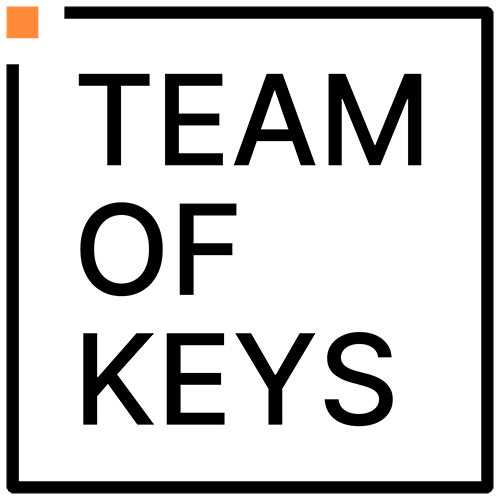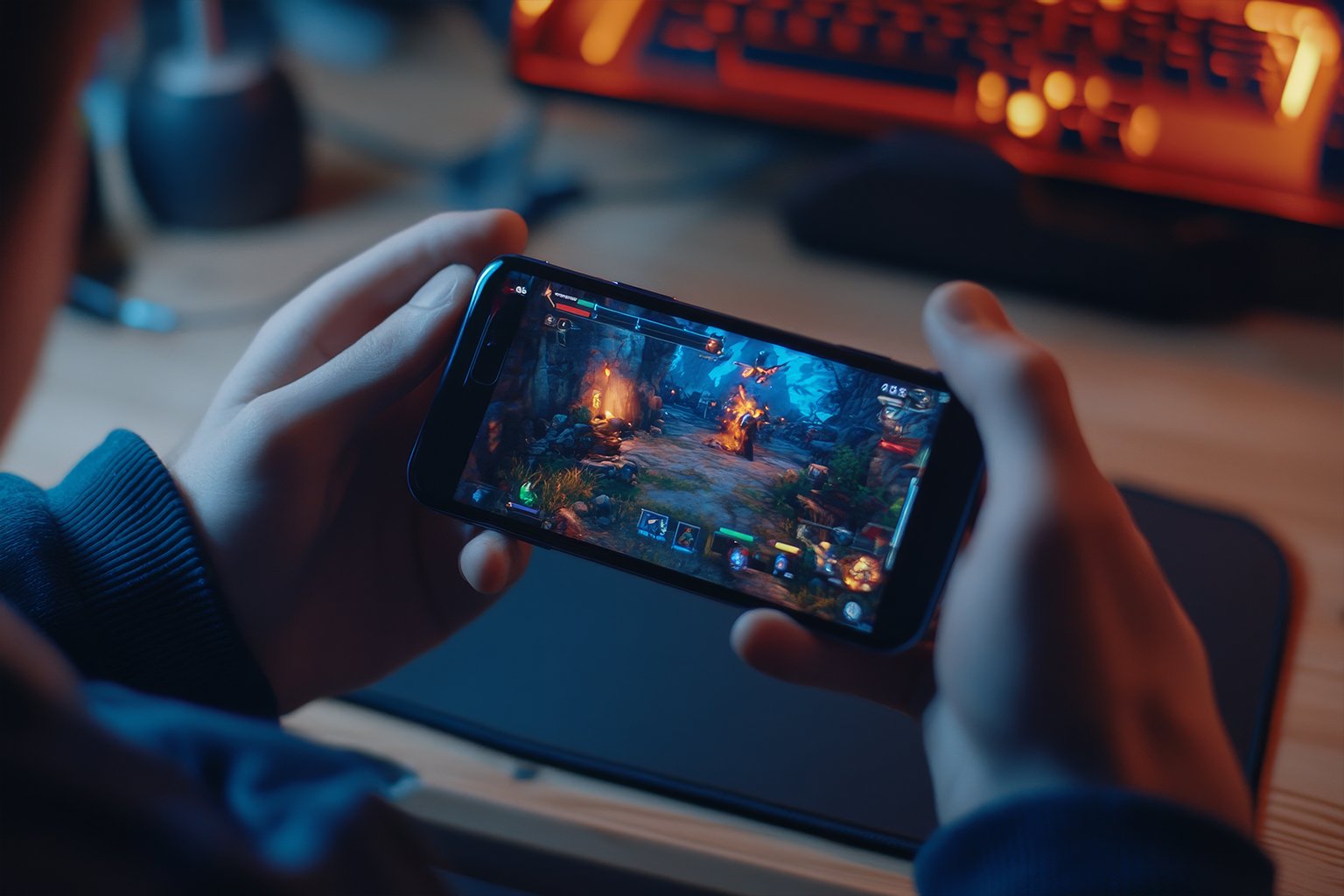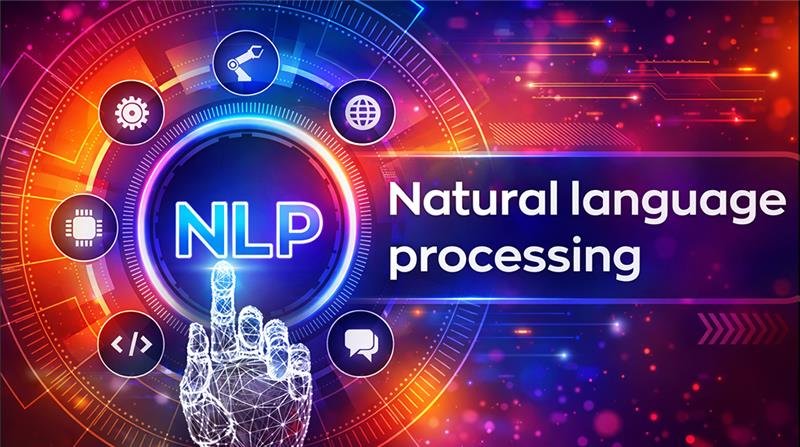In today’s digital era, mobile gaming has evolved into a multibillion-dollar industry. Developers now have access to a range of powerful tools. These tools help create immersive experiences from hyper-casual games to complex RPGs for both iOS and Android users. But with so many platforms available, choosing the right one can make or break your game’s success. Let’s explore the Best Mobile Game Development Platforms that empower developers to bring their creative visions to life.
Why Choose Team of Keys for Mobile Game Development
Team of Keys combines technical expertise with creative innovation to deliver high-quality mobile games for both iOS and Android. With a skilled team of developers, designers, and QA specialists, we ensure seamless performance, engaging gameplay, and visually stunning experiences. Partnering with us guarantees your game reaches its full potential in the competitive mobile gaming market.
1. Unity – The All-in-One Powerhouse
When it comes to mobile game development, Unity is one of the most popular and versatile platforms in the world. Unity is known for its user-friendly interface. It has a vast asset store. Unity enables developers to create both 2D and 3D games with ease.
Key Features:
- Cross-platform compatibility (iOS, Android, Windows, and more)
- Supports C# scripting
- Extensive library of pre-built assets and plugins
- Real-time rendering and physics simulation
- Huge developer community and documentation
Unity’s “build once, deploy anywhere” approach makes it ideal for indie developers and large studios alike. Many hit titles like Pokémon Go and Monument Valley were developed using Unity, proving its power and scalability.
2. Unreal Engine – The King of Graphics
Developed by Epic Games, Unreal Engine Game Development is renowned for its stunning graphics and AAA-level performance. While it’s widely used for console and PC games, it’s equally capable for mobile platforms.
Key Features:
- High-end 3D rendering using Unreal Engine 5
- Blueprint visual scripting (no coding required)
- Photorealistic visuals and dynamic lighting
- VR and AR support
- Royalty-based pricing model
For developers aiming to create visually breathtaking mobile games, Unreal Engine is a top choice. Games like PUBG Mobile showcase what Unreal can achieve even on limited mobile hardware.
3. Godot Engine – The Open-Source Gem
It has gained rapid popularity for being completely open-source and free to use. It’s perfect for developers who want flexibility and complete control over their game’s codebase.
Key Features:
- Lightweight and efficient performance
- Built-in scripting language (GDScript)
- Node-based architecture for easy scene management
- Support for 2D and 3D game development
- Active open-source community
Godot’s simplicity and customization make it ideal for small studios and indie developers who value creative freedom without licensing costs.
4. Buildbox – No-Code Game Development
For non-programmers who want to dive into mobile game creation, Buildbox offers an intuitive drag-and-drop interface. You can build a fully functional game without writing a single line of code.
Key Features:
- No-code development interface
- Pre-built templates and assets
- Real-time editing and previewing
- Easy export to iOS and Android
- Integrated monetization tools
Buildbox is best suited for casual and hyper-casual game genres. Its simplicity allows creators to quickly test ideas and launch games faster than ever.
5. Cocos2d-x – Lightweight and Fast
It is a highly efficient, open-source framework used for developing 2D mobile games. It’s written in C++ and supports scripting in Lua and JavaScript.
Key Features:
- Cross-platform support
- Optimized for performance
- Small memory footprint
- Large community and active development
- Suitable for 2D and limited 3D games
Many successful titles, including Badland and Clash of Kings, were built using Cocos2d-x. It’s a reliable platform for developers focusing on high-performance 2D games.
6. Corona (Solar2D) – Simplicity and Speed
Formerly known as Corona SDK, Solar2D is a lightweight, easy-to-learn framework perfect for 2D mobile games. It’s known for its simplicity, rapid prototyping, and smooth cross-platform deployment.
Key Features:
- Lua-based scripting
- Real-time simulation and testing
- Free and open-source
- Wide plugin marketplace
- High-speed performance
Solar2D is best suited for beginners or indie developers who want to create simple yet engaging mobile experiences.
7. Flutter – Google’s Cross-Platform Wonder
Flutter is primarily known for app development. However, it's increasingly used for game development services because of its flexibility and fast rendering engine. Flutter’s “Hot Reload” feature makes iteration seamless, saving developers valuable time.
Key Features:
- Dart programming language
- Cross-platform with native performance
- Built-in Skia graphics engine
- Excellent for 2D games and prototypes
- Strong community and Google support
Though not as robust as Unity or Unreal for advanced gaming, Flutter is great for lightweight and interactive casual games.
Comparison Table: Top Mobile Game Development Platforms
| Platform | Best For | Pricing Model | Language | 2D/3D Support |
| Unity | Cross-platform 2D/3D games | Free + Paid Tiers | C# | Both |
| Unreal Engine | High-end 3D graphics | Royalty-based | C++/Blueprint | Both |
| Godot | Open-source flexibility | Free (Open Source) | GDScript | Both |
| Buildbox | No-code casual games | Subscription-based | No-code | 2D/3D (basic) |
| Cocos2d-x | Lightweight 2D games | Free (Open Source) | C++/Lua/JS | 2D |
| Solar2D | Fast 2D prototyping | Free (Open Source) | Lua | 2D |
| Flutter | Simple cross-platform games | Free (Open Source) | Dart | 2D |
Final Thoughts
The best mobile game development platform depends on your project’s needs, skill level, and creative goals. Mobile gaming continues to dominate the entertainment landscape. Using the right platform can transform your idea into the next viral sensation. Whether you’re an indie developer or part of a studio, the tools are ready. It’s time to build. Play and innovate!











